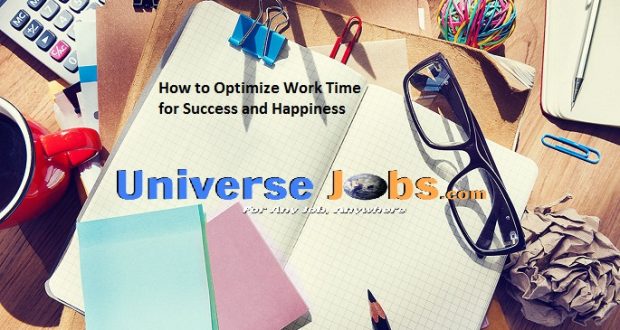Any individual or a company for that matter, constantly tries and seeks ways to enhance efficiency as well as effectiveness in a bid to achieve more. The latter is looking for ways and means to zero in on such techniques, that help teams work smarter, faster and better.
An Edge
Essentially they are constantly seeking an edge over others. If this be the truth, then why organisations still stick to the eight hour workday. Can you still be a lot more productive without putting in longer hours, and accomplish what you set out to in a given work day. Well killing the eight hour day may seem to be rather unnatural, counterproductive and counter intuitive at the onset. If you analyse any given day comprising of 24 hours, then you would observe approximately 8 hours is spent on working, roughly the same amount of time is spent in sleep, and the remainder of 8 hours are spent in miscellaneous other activities, be it caring for others, time spent in consuming edibles, performing household activities, and in leisure or sports.
The Optimal Workday
Putting in extraordinarily long hours each day, infact has very little to do, with the efficiency and productivity of a given person during a particular workday. How do you know what is the optimal workday, some people are successful with four hours a week, others are working sixteen hours a day. Did it ever occur to you, why the world over a standard work day stretches to certain number of hours, no more, no less; a typical workday stretches to around the aforementioned number of hours.
Practicable
In order to find a plausible explanation we would need retrace our steps back and revisit that time in history, when the industrial revolution had just started taking form and shape. Mechanisation was a wonderful thing over doing things manually, however in this initial excitement, and to recoup costs, increase profits, organizations at that time wanted to maximise, the usage of their machineries and equipments and as such they ran 24/7. Which in turn meant employees had to put in incredibly large number of hours ranging from ten to sixteen or more number of hours, however these many number of hours were not really sustainable for a very long time.
Industry Standard
Soon Robert Owen, a very brave man started a campaign with the slogan, eight hours labour, eight hours recreation, and eight hours rest. Much later it was Henry Ford who actually went ahead and implemented the eight hour work day, in addition to this he offered double salary to his employees, as a result productivity increased, and consequently the profit margins doubled. Soon enough other businesses followed suit, and it become the industry standard.
Creative Economy
So here we are, with a century old practice of running industries quite efficiently. Truth be told, there is no scientific basis for the same, it has its genesis in the industrial revolution, and in this day and age, when the creative economy rules the roost, the focus has undergone a paradigm shift, you need to manage your energy and not just your time.
Final Words
In order to be successful one needs to pay attention to the physical energy, in other words how healthy you are, emotional energy, how happy you are. Additionally, take care of your mental energy, which translates into how well you can focus on things and of course the spiritual energy, the reason and the purpose behind doing things. Just pay attention to these and you are on your way to a fulfilling and successful career.
